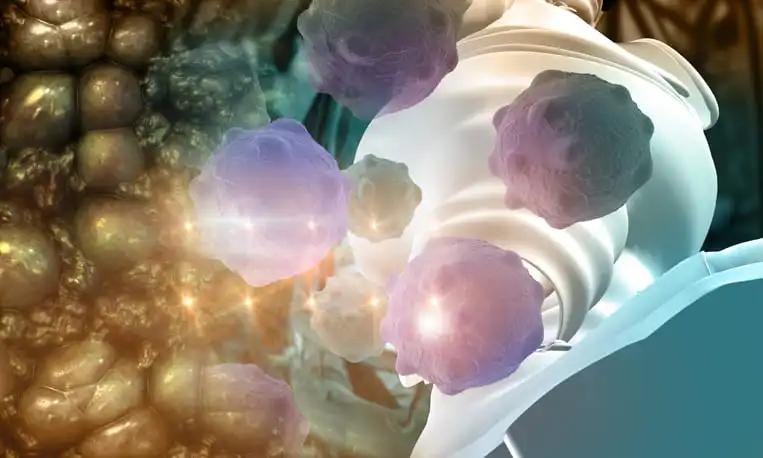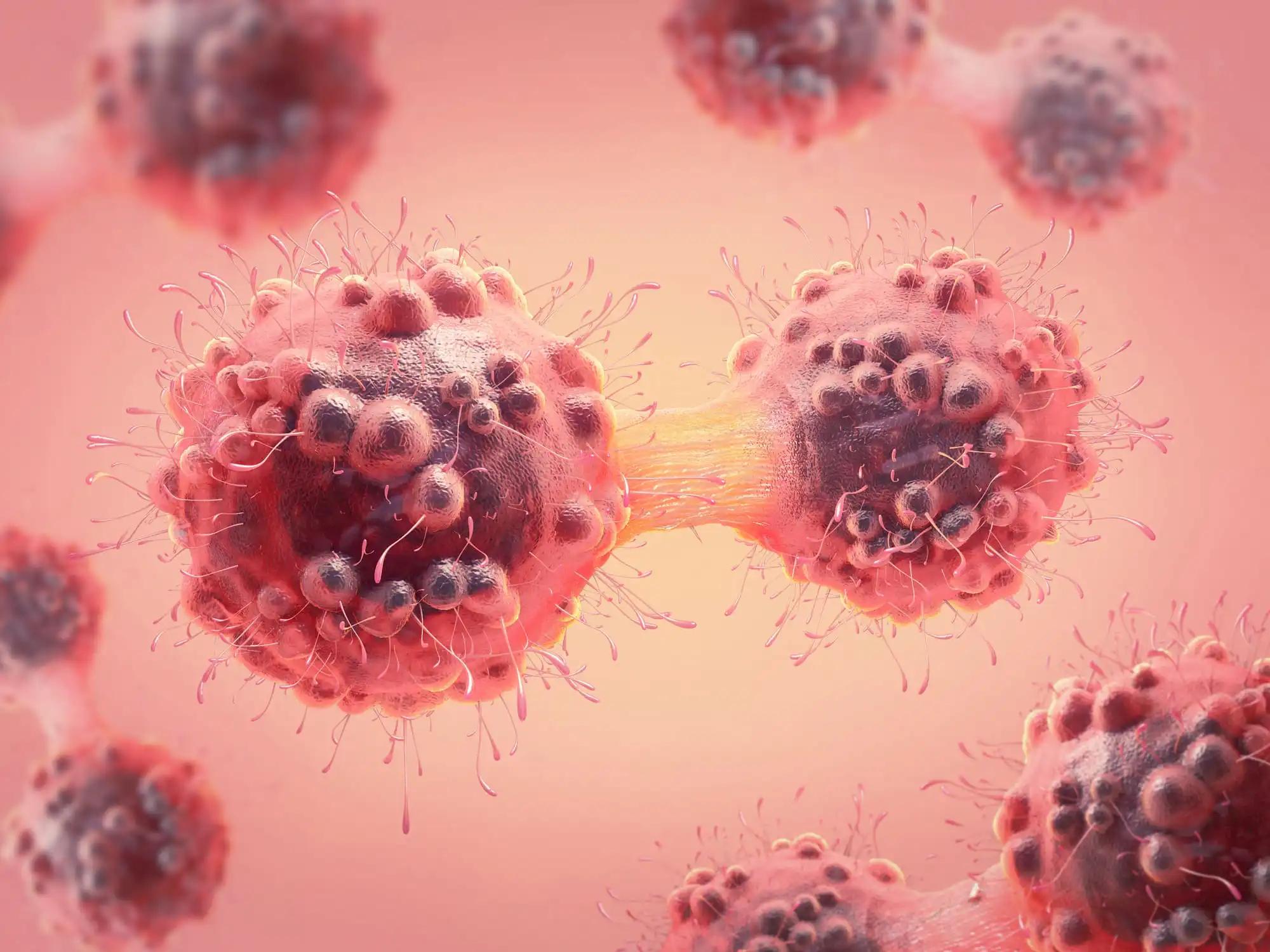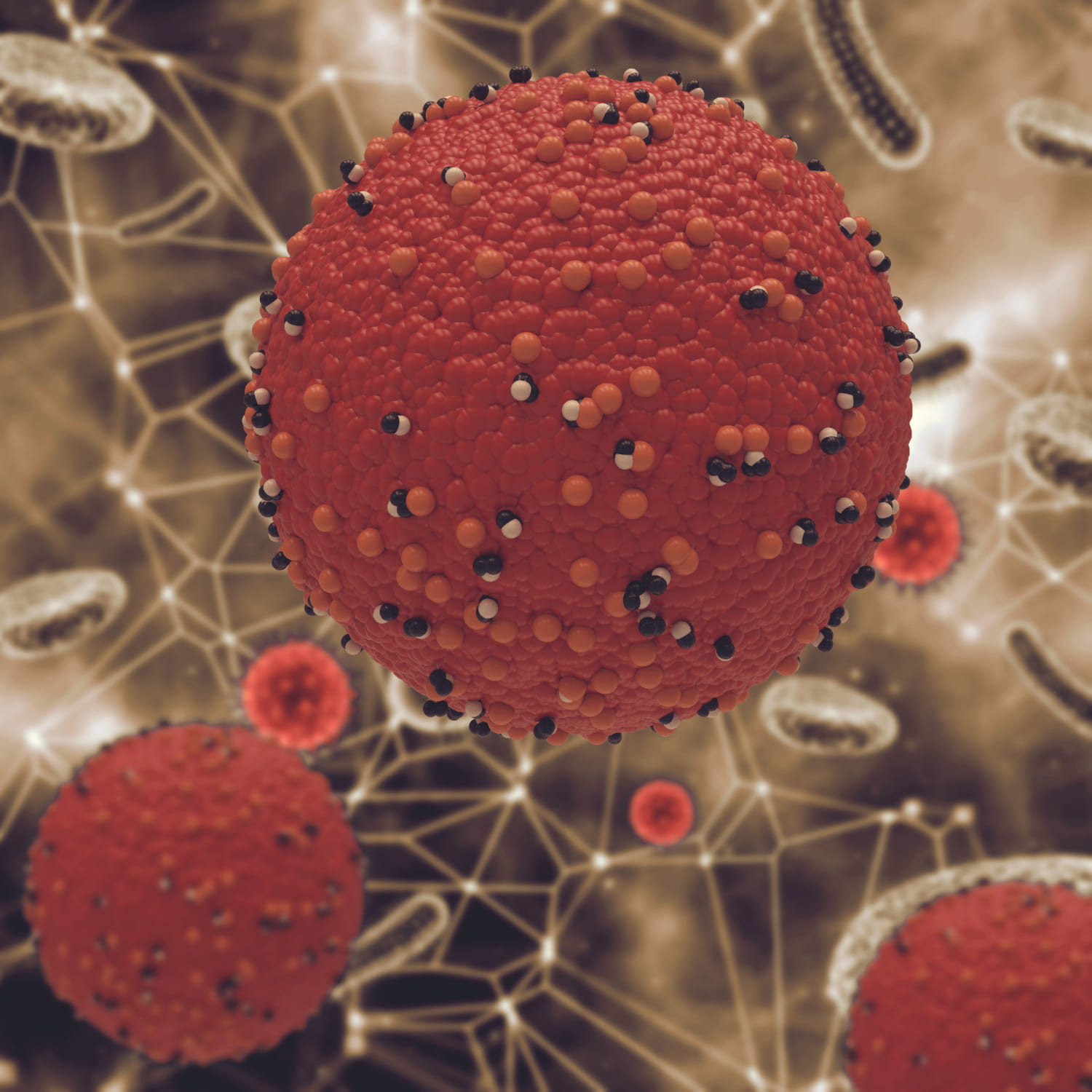KEY TAKEAWAYS
- The study aimed to explore MAIT cells’ immune characteristics in NSCLC and their correlation with immune checkpoint inhibitor treatment efficacy.
- The study’s findings revealed that CD8+ MAIT cells have the potential to predict the response to anti-PD-1 therapy in NSCLC patients.
While Mucosal-associated invariant T (MAIT) cells are known to modulate tumor immunity, their immune profile in non-small cell lung cancer (NSCLC) and their relationship with immune checkpoint inhibitor (ICI) efficacy remain unclear.
Jingjing Qu and the team aimed to investigate MAIT cell immune characteristics in NSCLC and their association with immune checkpoint inhibitor efficacy.
The study utilized single-cell RNA sequencing (scRNA-seq), flow cytometry, and multiplex immunofluorescence assays to evaluate CD8+ MAIT cell proportions and characteristics. This assessment was conducted in patients with metastatic NSCLC who responded or did not respond to anti-PD-1 therapy. Survival analyses were then conducted to assess the impact of MAIT cell proportion and CXCR6 expression in patients with advanced NSCLC prognosis.
The results revealed that responders exhibited significantly higher proportions of activated and proliferating CD8+ MAIT cells in both peripheral blood mononuclear cells (PBMCs) and lung tissues before anti-PD-1 therapy. These cells displayed increased expression of cytotoxicity-related genes, including CCL4, KLRG1, PRF1, NCR3, NKG7, GZMB, and KLRK1.
Furthermore, responders’ peripheral and tumor-infiltrating CD8+ MAIT cells showed elevated CXCR6 expression. Similarly, CXCR6+ CD8+ MAIT cells from responders exhibited higher expression of cytotoxicity-related genes such as CST7, GNLY, KLRG1, NKG7, and PRF1.
Patients with CD8+ MAIT cells to CD8+ T cells ratio ≥15.1% and CXCR6+ CD8+ MAIT cells to CD8+ MAIT cells ratio ≥35.9% in peripheral blood demonstrated improved progression-free survival (PFS) post-immunotherapy. The potential role of CD8+ MAIT cells in lung cancer immunotherapy appeared to be mediated by classical/non-classical monocytes via the CXCL16-CXCR6 axis.
The study concluded that CD8+ MAIT cells hold promise as predictive biomarkers for patients with NSCLC responsive to anti-PD-1 therapy. High CXCR6 expression likely correlates with immunotherapy sensitivity.
Research was funded by the Natural Science Foundation of Zhejiang Province, the National Natural Science Foundation of China, and Zhejiang Provincial Clinical Research Center for Respiratory Disease.
Source: https://pubmed.ncbi.nlm.nih.gov/38698468/
Qu, J., Wu, B., Chen, L., et al. (2024). “CXCR6-positive circulating mucosal-associated invariant T cells can identify patients with non-small cell lung cancer responding to anti-PD-1 immunotherapy.” J Exp Clin Cancer Res 43, 134 (2024). https://doi.org/10.1186/s13046-024-03046-3









